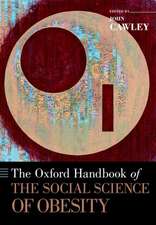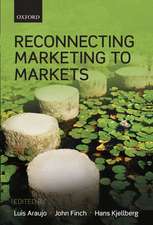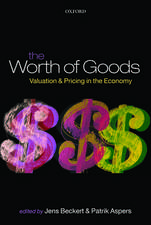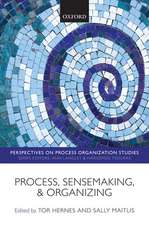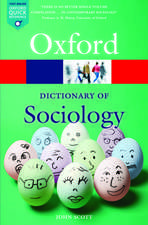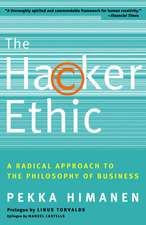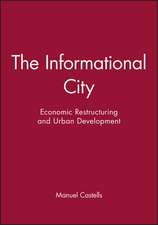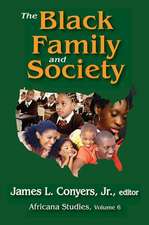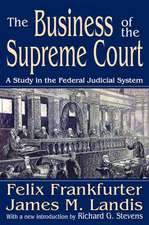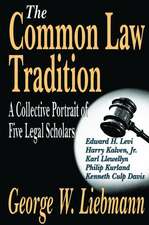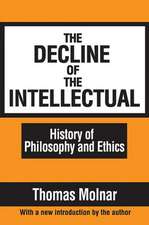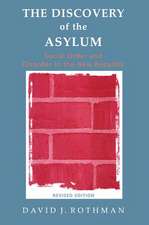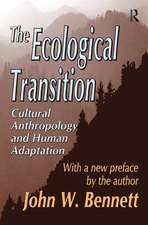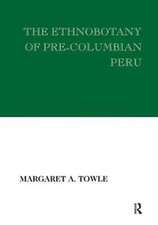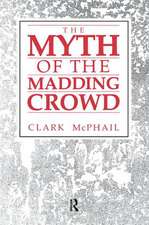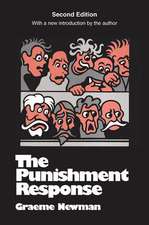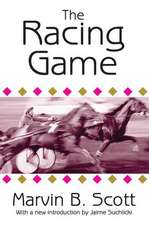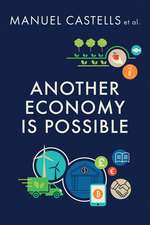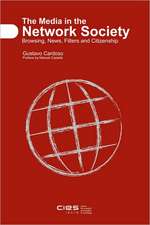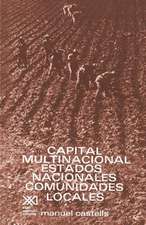Aftermath: The Cultures of the Economic Crisis
Editat de Manuel Castells, João Caraça, Gustavo Cardosoen Limba Engleză Hardback – 26 iul 2012
| Toate formatele și edițiile | Preț | Express |
|---|---|---|
| Paperback (1) | 221.07 lei 10-16 zile | |
| Oxford University Press – 27 mar 2014 | 221.07 lei 10-16 zile | |
| Hardback (1) | 397.17 lei 31-37 zile | |
| OUP OXFORD – 26 iul 2012 | 397.17 lei 31-37 zile |
Preț: 397.17 lei
Preț vechi: 453.50 lei
-12% Nou
Puncte Express: 596
Preț estimativ în valută:
75.100€ • 82.81$ • 64.04£
75.100€ • 82.81$ • 64.04£
Carte tipărită la comandă
Livrare economică 12-18 aprilie
Preluare comenzi: 021 569.72.76
Specificații
ISBN-13: 9780199658411
ISBN-10: 0199658412
Pagini: 330
Dimensiuni: 164 x 243 x 23 mm
Greutate: 0.61 kg
Editura: OUP OXFORD
Colecția OUP Oxford
Locul publicării:Oxford, United Kingdom
ISBN-10: 0199658412
Pagini: 330
Dimensiuni: 164 x 243 x 23 mm
Greutate: 0.61 kg
Editura: OUP OXFORD
Colecția OUP Oxford
Locul publicării:Oxford, United Kingdom
Recenzii
The discussion of the crisis of global capitalism offered in this book marks a breakthrough. The work ranges far more widely than the usual crop of purely economic analyses and rightly so.
All economies are culturethat is the lens through which this compelling analysis looks at the on-going crisis of capitalism. From this follows the imperative: cooperate or fail! This book is a thought-provoking, interdisciplinary diagnosis of a world in turmoil.
Five years of crisis and upheaval have shaken the world. Aftermath takes up the question of where we go now. Castells and his collaborators show the depth of challenges, the diversity of global circumstances and paths, andhappilyreasons for cautious optimism amid the tumult. This is an important moment in history and an important book for this moment.
All economies are culturethat is the lens through which this compelling analysis looks at the on-going crisis of capitalism. From this follows the imperative: cooperate or fail! This book is a thought-provoking, interdisciplinary diagnosis of a world in turmoil.
Five years of crisis and upheaval have shaken the world. Aftermath takes up the question of where we go now. Castells and his collaborators show the depth of challenges, the diversity of global circumstances and paths, andhappilyreasons for cautious optimism amid the tumult. This is an important moment in history and an important book for this moment.
Notă biografică
Manuel Castells is University Professor and the Wallis Annenberg Chair of Communication Technology and Society at the University of Southern California. He is also Professor Emeritus of Sociology and Planning, University of California, Berkeley, where he taught for 24 years. He is a Fellow of the American Academy of Political and Social Science, of the Academia Europaea, of the Spanish Royal Academy of Economics, and of the British Academy. His main books include the trilogy The Information Age: Economy, Society, and Culture (Blackwell, 1996-2003) and Communication Power (OUP, 2009). He was a founding member of the board of the European Research Council and is a member of the Governing Board of the European Institute of Innovation and Technology. João Caraça obtained a D. Phil. in Nuclear Physics at the University of Oxford and the Agregação in Physics at the Lisbon Faculty of Sciences. He is Director of the Science Department of the Calouste Gulbenkian Foundation, Lisbon and also Full Professor of Science and Technology Policy at the Instituto Superior de Economia e Gestão of the Universidade Técnica de Lisboa. He is member of the Governing Board of the European Institute of Innovation and Technology - EIT. He also integrates the Steering Group of the European Forum on Philanthropy and Research Funding and is President of the Advisory Board of the Portuguese Business Association for Innovation - COTEC. He was Science Adviser of the President of the Portuguese Republic (1996-2006), has published over 150 scientific papers, and co-authored Limits to Competition (1995), co-edited O Futuro Tecnológico (1999) and collaborated in Le Printemps du Politique (2007).Gustavo Cardoso is Professor of Media and Society at IUL - Lisbon University Institute. His areas of interest are the cultures of the network society, the transformations of the notions of property, distribution and production of cultural goods, and the role of online social networking. Between 1996 and 2006 he was advisor on Information Society and telecommunications policies to the Presidency of the Portuguese Republic and in 2008 was chosen by the World Economic Forum as a Young Global Leader. His international cooperation in European research networks led him to work with IN3 (Internet Interdisciplinary Institute) in Barcelona, WIP (World Internet Project) at USC Annenberg, COST A20 "The Impact of the Internet in Mass Media" and COST 298 "Broadband Society." During the last five years he has been the Director of OberCom media observatory in Lisbon and is deputy chairman of the board of LUSA, the Portuguese global news agency.

